10 Tips for Surviving Your First Year of Nursing
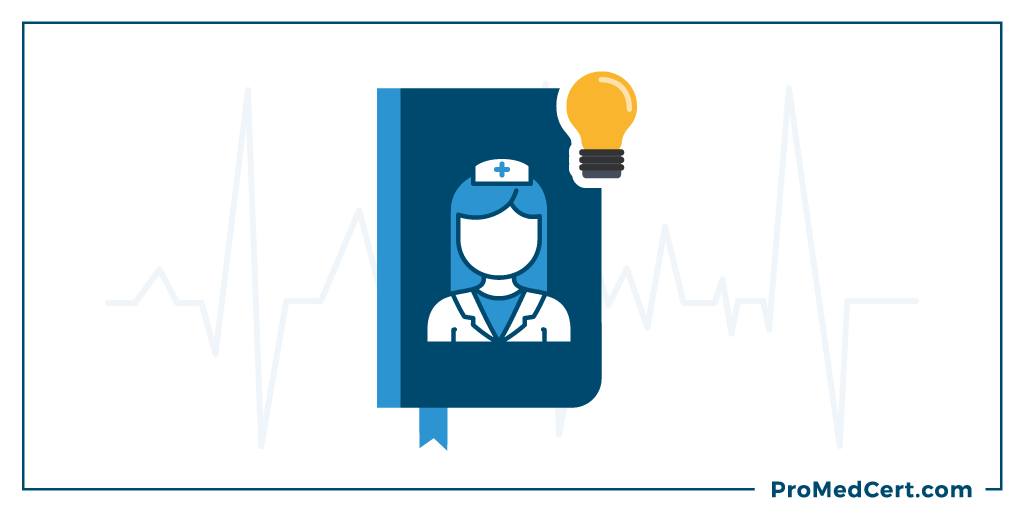
As a newly certified nurse, you may have thought the toughest road you had to face in your new career was finishing school.
While that was certainly a challenge, many seasoned nurses will be the first to tell you that it’s the initial year in nursing that can be the biggest hurdle.
Between long shifts and grueling schedules, new technologies and techniques to learn and dealing with real life or death situations on a daily basis, the first year can be quite the adjustment period.
To make this time a little less stressful, we asked our network of experienced nurses to offer their best advice for surviving the first year.
Here are the top 10 tips they had to share.
Understand (and accept) that you won’t know everything.

Many new nurses try to hit the ground running when they start their first job, and while it’s certainly okay to be ambitious, if you overdo it, you’ll burn out really quickly.
Know that your colleagues don’t expect you to know how to handle everything.
In fact, they know you won’t.
The key isn’t having a mind like steel trap.
It’s knowing what your resources are and who to call on when you need guidance.
Go easy on yourself and don’t be afraid to ask for help when you need to.
Be prepared to be on your own.
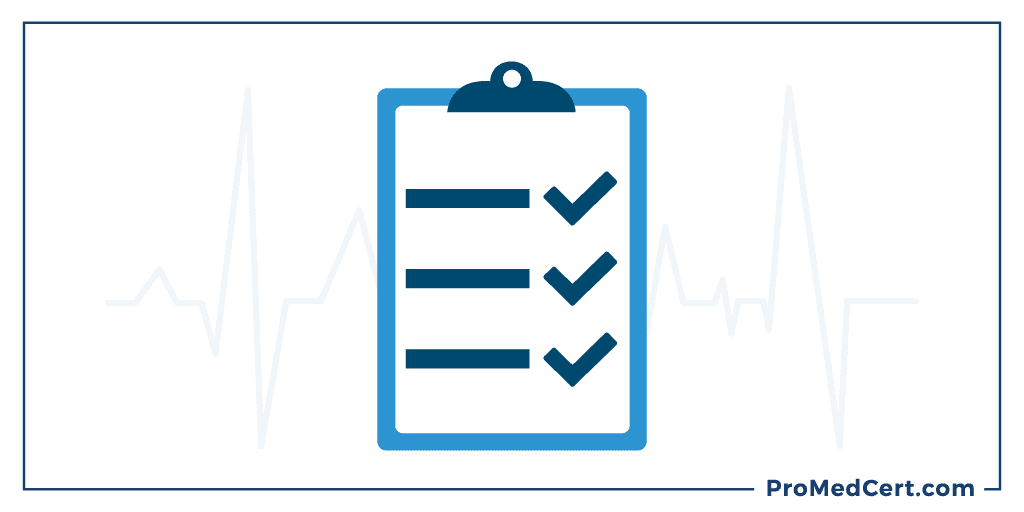
One of the most surprising things new nurses discover when they first start their careers is how quickly and frequently they are on their own.
There are two ways to approach this.
You can feel nervous and insecure.
Or, you can draw from your education and feel empowered by the autonomy you are being afforded.
After all, there aren’t many careers that offer this type of freedom right out of the gate.
Use this as an opportunity to start developing your own style.
Don’t rush.
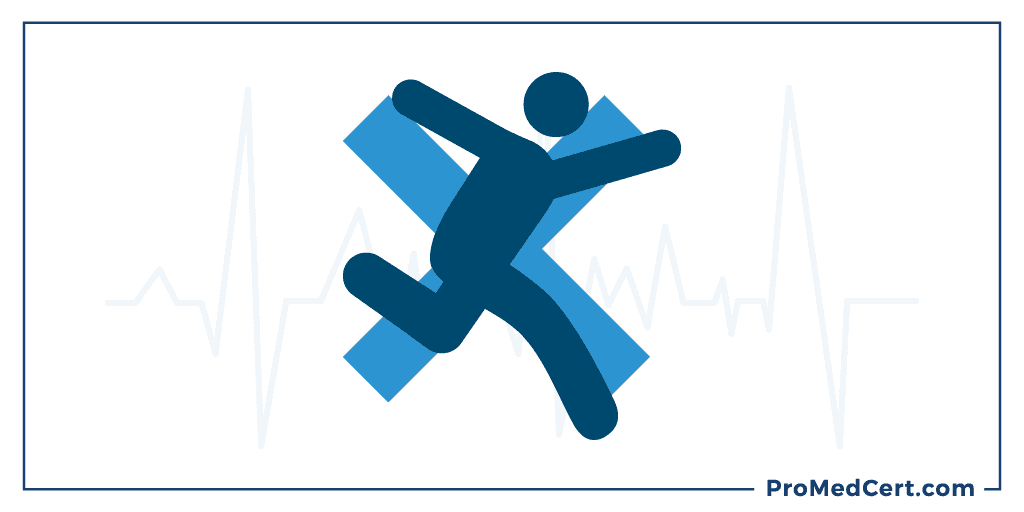
There will certainly be instances for which immediate decisions must be made, but for the most part, you will have time to collect your thoughts and proceed carefully.
One of the most valuable skills a nursing professional can develop is the ability to remain calm, despite what is happening around them.
Understand that you can’t be in more than one place at a time and give yourself grace, knowing that you’re doing your best.
Show gratitude often.
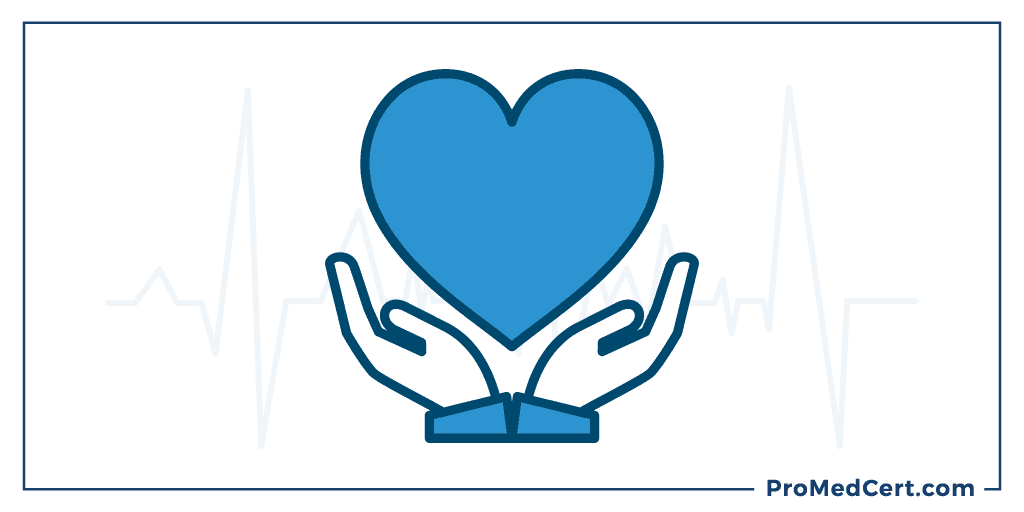
Being a nurse can be a draining profession – especially if your role has you dealing with seriously ill patients all the time.
It can be easy to let those circumstances drag you down.
Try to keep the right perspective.
Instead of letting the situations of your patients pull you down, practice gratitude for your own health and that of your loved ones.
Always put your patients first.
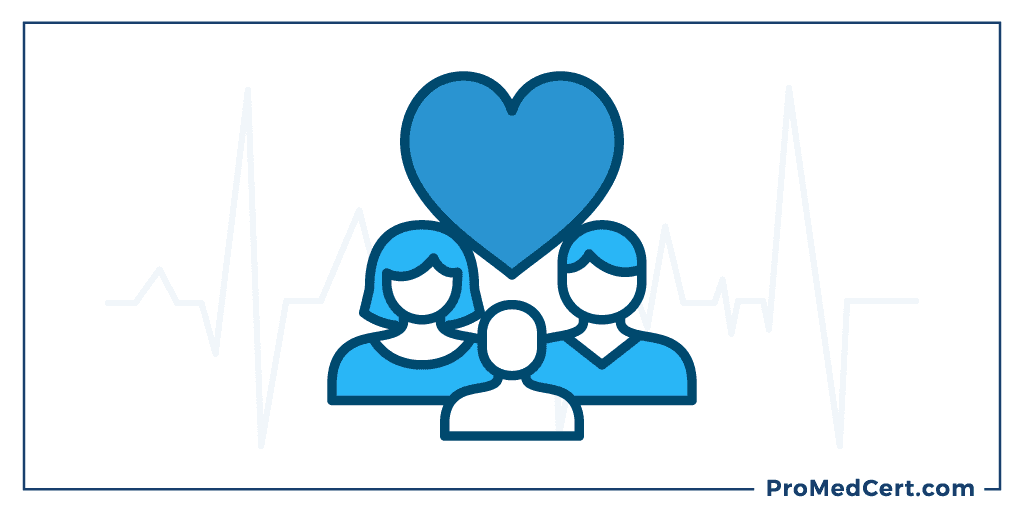
As you get started in your nursing career, you will quickly discover that there are some aspects of your job that you find to be unpleasant.
Giving children shots, for example.
But the reality is, you are doing what is right for your patients.
When you always put their needs first, you will stay on the right path toward a long and successful career.
Expect and embrace change.

You are entering a brand new phase of your life, which means you are evolving.
As such, you should expect that many aspects of who you are today will be changing – both personally and professionally.
Embrace that change and use it as a tool to learn more about yourself.
For instance, you may discover new things that make you tick, what you value most in your relationships and how to stand up for what you believe in.
Make self-care a priority.
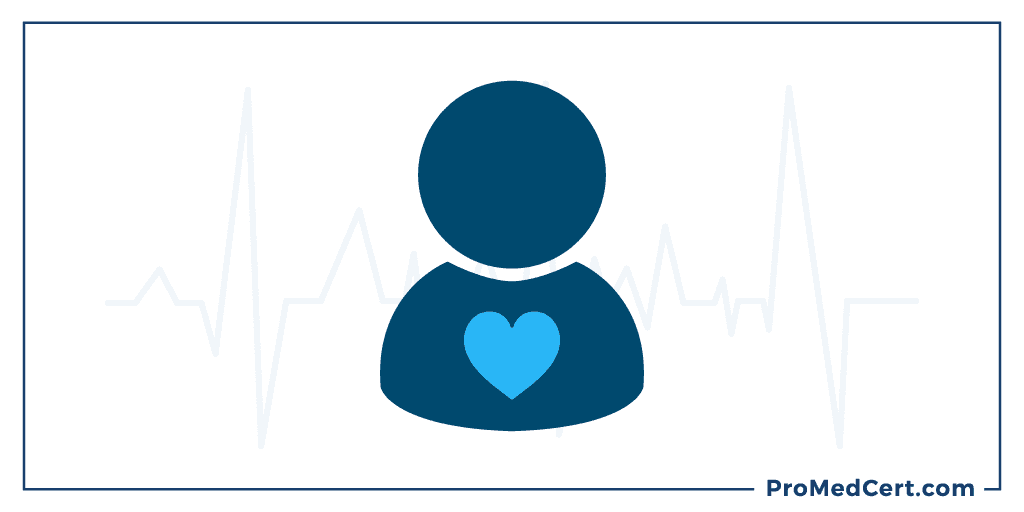
Far too many new nurses find out the hard way that the first year can be exhausting, both physically as well as mentally.
You can set yourself up for greater success by making a point to take good care of yourself.
Get enough sleep.
Eat healthy.
Engage in physical activity.
And find someone you can talk to.
Being a nurse can be an extremely emotional job.
Having someone to lean on can make all the difference in the world.
Listen to your patients.

You may think you know what’s best for your patients, but if you stop listening to them, you could miss something important and it could seriously impact your career.
Always give your patients a voice.
If they say they aren’t feeling right, then give them the benefit of the doubt.
Remember – in nursing, it’s always better to be safe than sorry.
And even if you do know better, when you listen to your patients, you’ll gain their trust and earn a great reputation.
Ask questions.

It’s often said that there’s no such thing as a stupid question, and perhaps there is no industry in which that sentiment is truer than the medical field.
The last thing you want to do is make a mistake.
That’s why teamwork is so important in nursing.
Every patient and every situation is different.
Don’t be afraid to ask questions and rely on the knowledge and experience of others on your team.
Together you can do amazing things.
One bad shift does not make you a bad nurse.

You’ll realize pretty quickly on in your career that some days are going to be better than others.
One day you may feel a huge sense of pride and accomplishment in your work.
Another you may feel like a complete and utter failure.
As you navigate this rollercoaster of feelings, it’s important to remind yourself about the reasons you chose to become a nurse in the first place.
Getting back to your roots can help put things into perspective.
And remember – tomorrow is another day.
Forgive yourself and move forward.
Starting any new job can be nerve-wracking, but when that job entails the possibility of saving someone’s life (or potentially committing a fatal error), that anxiety is compounded tremendously.
Learning from those who have gone before you – such as through the advice given above - can help you make it through the first year and find your identity as a competent, caring health care professional.

